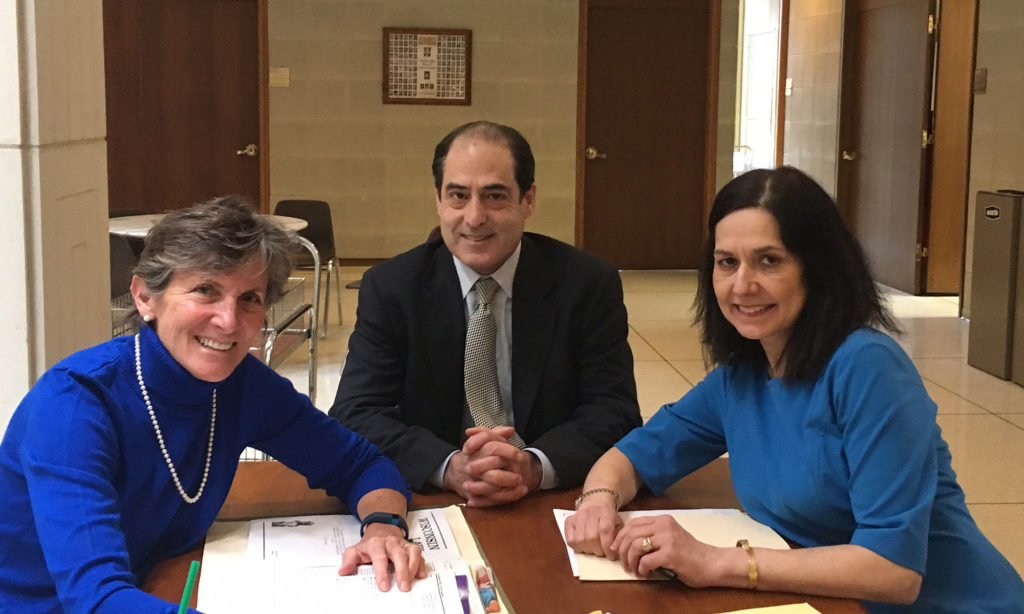On Monday, May 3, HB780 the End of Life Option Act was filed in the NC House of Representatives. While that alone is grounds for celebration, the greater accomplishment was ensuring bipartisan support among the four primary sponsors. To that end, full thanks are due to our champions: Hon Pricey Harrison (D-Guilford County); Hon Jon Hardister (R-Guilford County); Hon Susan Fisher (D-Buncombe County) and Hon John Faircloth (R-Guilford County). This bill marked the culmination of two years of effort by DRNC to work with like-minded legislators on both sides of the aisle to ensure that a serious legislative effort to advance the cause of End of Life autonomy would not be missing in the 2021-2022 biennium. The effort was not without its drama-- until the very eve of the filing deadline, it was not certain we would find two Republican sponsors. But Representative Hardister reached out to his colleague John Faircloth who had been in mourning following the recent death of his wife of over 50 years and who had been a long-time supporter of MAID.
HB780 contains many provisions which were present in HB 789, the MAID bill introduced in 2019. For example, HB 780 is the only bill in the country which REQUIRES a hospice evaluation before a request for MAID may be made; HB780 refers to the medical prescription as a Terminal Comfort Care Drug (and not the more prosaic Aid in Dying Drug) because the emphasis should be on providing comfort to somone at end of life, and not necessarily abbreviating their suffering.; HB 780 makes it a felony not just to forge a MAID prescription, but equally to destory a prescription or the Terminal Comfort Care Drug; finally, HB780 requires self-adminsitration, not just self-ingestion in case a self activated injection becomes the preferred means. HB 780 does aways with the need for a 2nd Consulitng Physician to confirm the terminal phase of the applicant, given that they would already have undergone a hospice assessment where that determination will have been made.
In short, HB 780 respects the formulaic approach of the 10 US jurisdictions with legislation in place, while improving on the process in light of 23 years of data and thousands of successful uses of the laws in place.
What is next for HB780 is unclear. It is highly unlikely that the bill will make the time-sensitive cross-over to the Senate side and equally unlikely that such an innovative bill would pass in the GOP-majority House. However, it is still quite possible that a legislative study of MAID coudl be undertaken, using HB780 as the basis for the inquirty. That alone would be reason to cheer, since a study is almost always a necessary first step for a difficult social subject allowing proponents and opponents to make their case before their legislators.
For the time being, we at DRNC are delighted that a solid bill has yet again been introduced in the General Assembly. We know there are any number of legislators who support this cause and know it represents the path of inevitability and necessity. The struggle in NC is far from won; but it is closer today than it was prior to HB 780.


